Mission
The Program on Health, Spirituality and Religion seeks to create opportunities for medical trainees and physicians to explore the intersections between health, spirituality and religion through lectures, research opportunities and interdisciplinary training to enhance patient centered care and find personal meaning in the practice of medicine.
Goals
- Develop spiritual competencies in all of our medical students.
- Provide opportunity for deeper discussion/education on this topic for interested students and other learners.
- Raise awareness of the intersection of spirituality, faith and religion with medicine in the health system at large.
- Ensure that our endeavors are open to all interested faculty, clinicians, nurses, chaplaincy staff and other health care professionals.
- Develop a community of people at U-M who are passionate about this topic.
- Provide education on incorporating spirituality into professional and personal development.
- Improve patient care through these efforts.
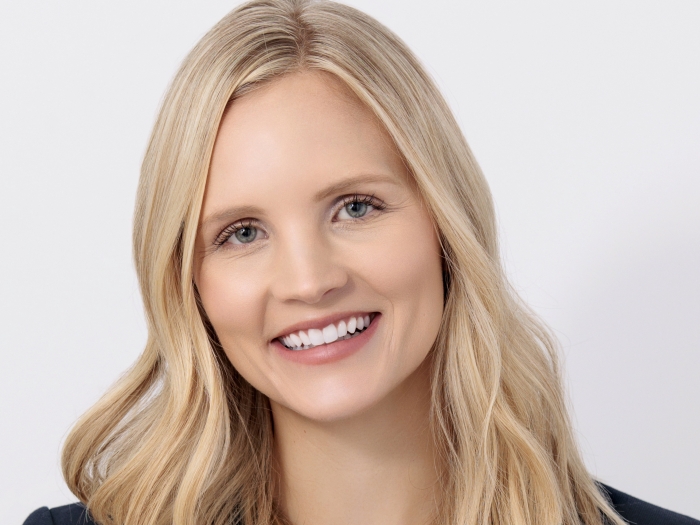
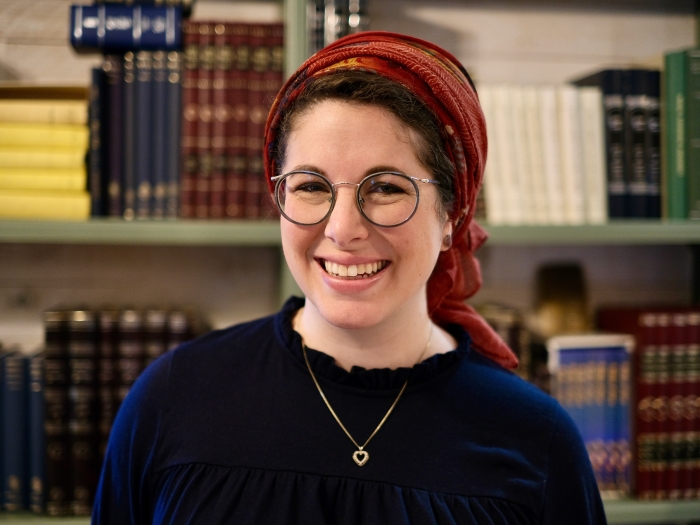
Learn how to create a MiCME Account and claim CME credit.
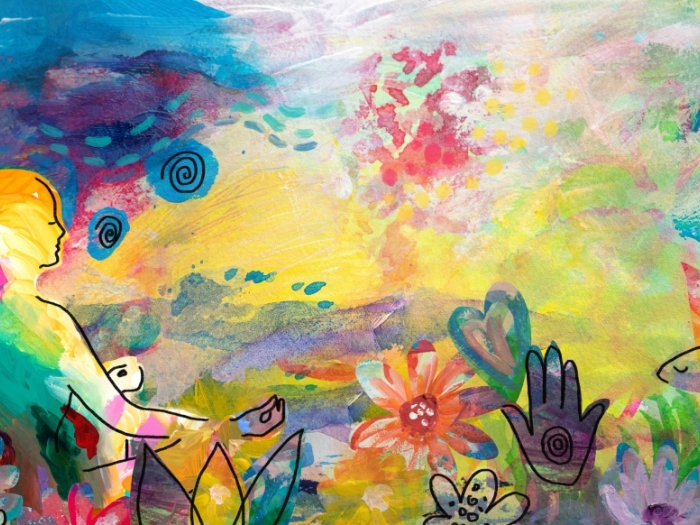
What does it all mean? Kristin M. Collier, MD, shares insights on incorporating patients’ spiritual and religious beliefs into health care plans.
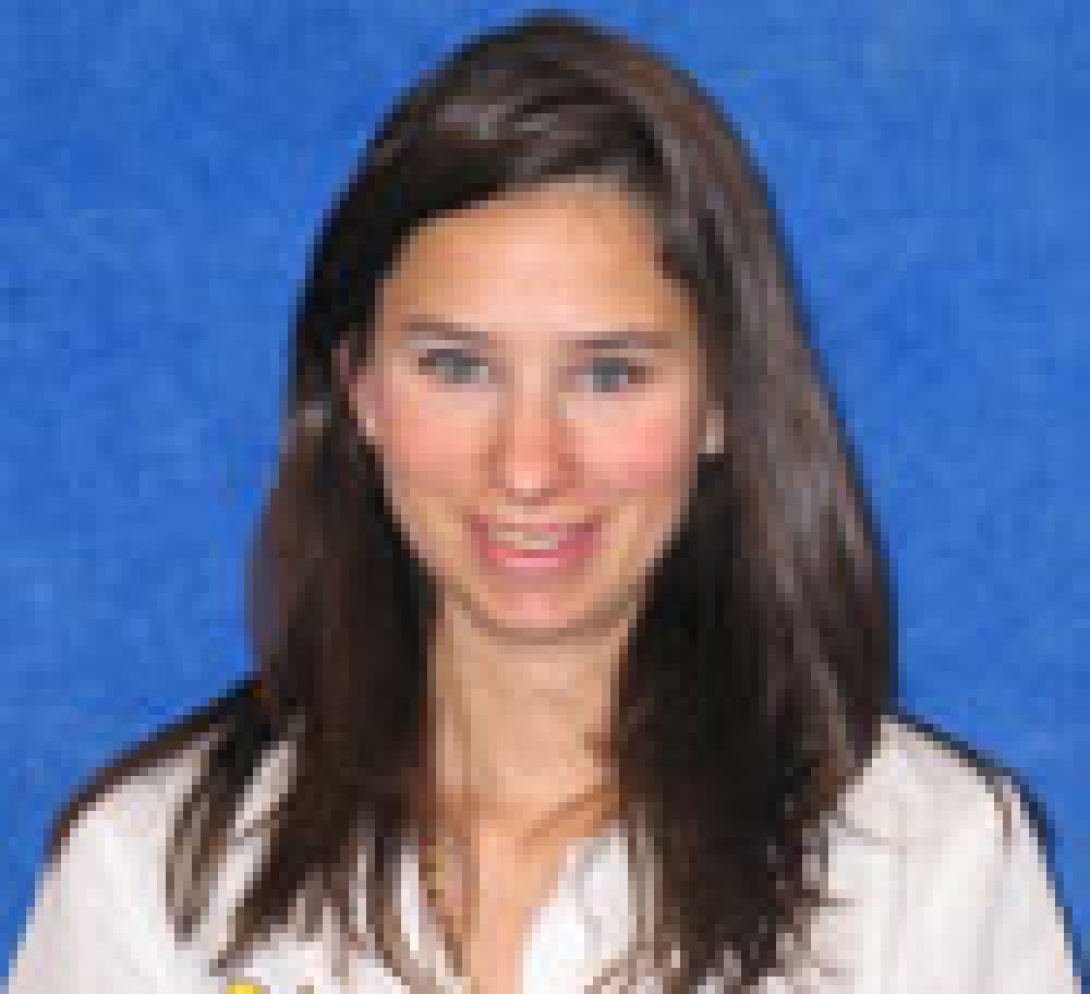
Associate Residency Program Director
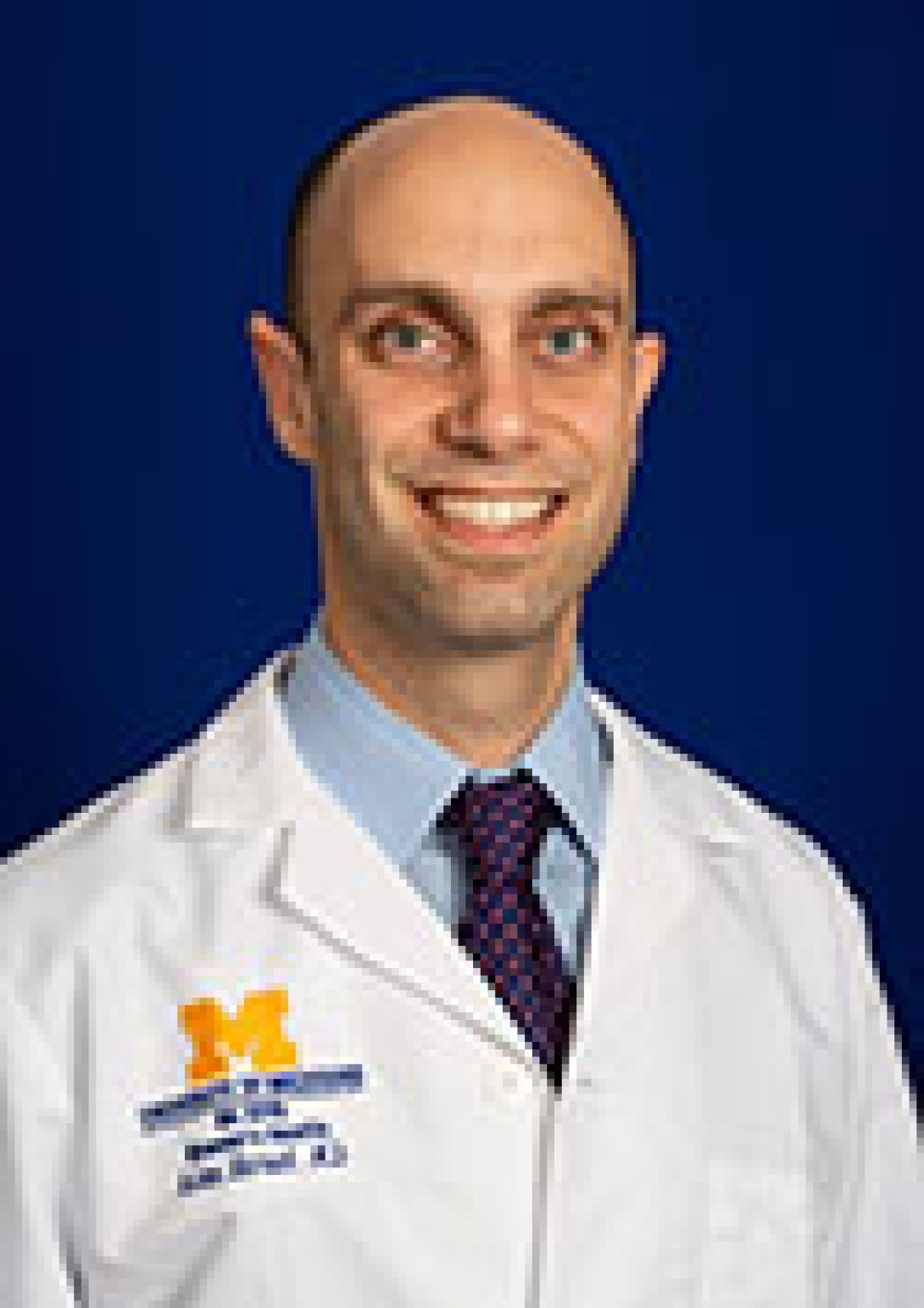
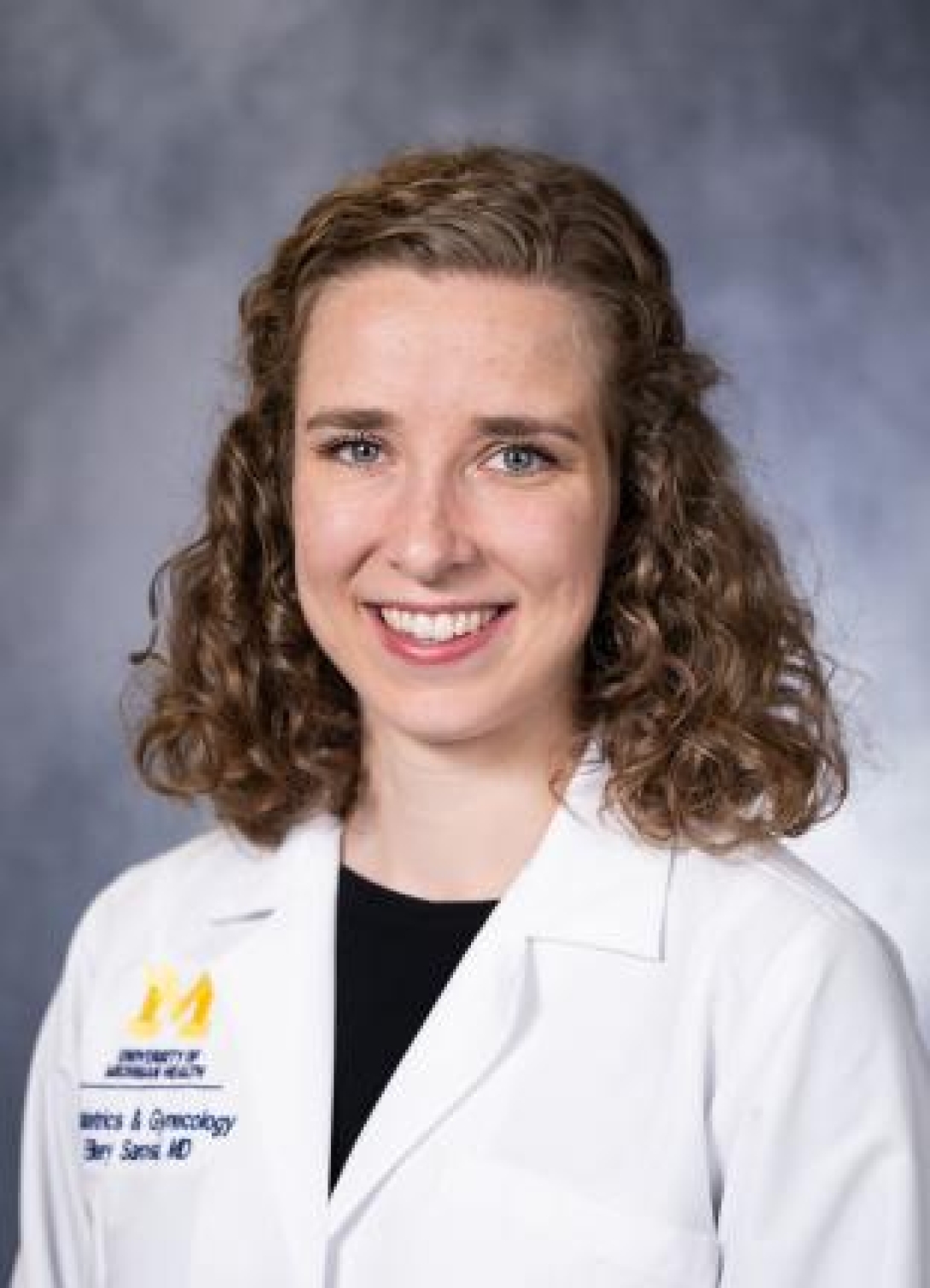
Amanda grew up mostly in sunny, South Florida and she attended Nova Southeastern University for her BS in Biology and Florida International University for her MPH in Epidemiology. She is applying into Anesthesiology and just spent a year away from clinicals to partake in anesthesia research at Michigan Medicine. She is also one of the Anesthesiology Student Interest Group Presidents for 2023-2024. Her interests are in medical education and outcomes-based research.
Jill is interested in growing her understanding of what it means to take care of the whole person. Clinically, she is interested in emergency medicine. She is specifically interested in rural medicine and hopes to serve patients in one of Michigan's rural communities. Outside of medicine, she enjoys spending time with her husband and being outdoors biking, skiing, and hiking.
Bassel is an M4 pursuing a career in Urology. He graduated from the University of Michigan in 2019 with a bachelor’s in Industrial and Operations Engineering and spoke at both the school-wide and engineering commencement ceremonies. Following his graduation, he worked as a healthcare engineer at the Johns Hopkins Applied Physics Lab. Previously, he had completed summer internships with the Center for Healthcare Engineering and Patient Safety and Amazon. Bassel is Co-founder and Co-president of the American Muslim Medical Student Association (AMMSA), the largest student-led Muslim organization in the country. His research focuses are broad and include endourology, uro-oncology, implementation of automated dashboards, and discrimination. He is passionate about community work and dreams of synthesizing technical skills in engineering with clinical medicine to improve patient outcomes.